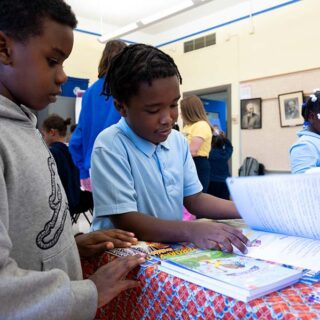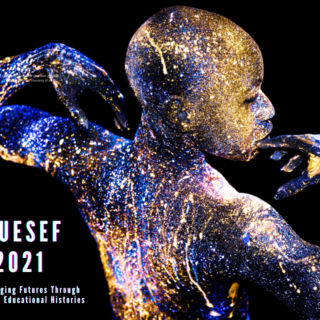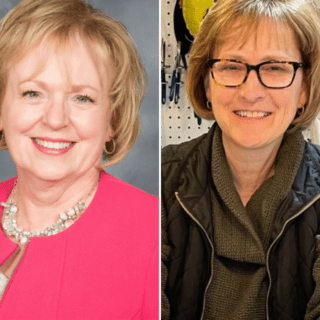
New Partnership Opens National Conversation on Youth and Science of Learning and Development
The University of Pittsburgh School of Education and the Forum for Youth Investment partnered to host a meeting this past November for nearly 100 representatives from local organizations, national groups such as the Urban League, the Weikart Center for Youth Program Quality, and the Collaborative for Academic, Social, and Emotional Learning (CASEL), and afterschool alliances from as far away as Connecticut and California.
The focus of the meeting was this question: What would it look like if our social institutions were actually set up to address what we know from the science of learning and development on behalf of young people?
As Thomas Akiva, associate professor in the School of Education explained, “Karen Pittman, the CEO of the Forum for Youth Investment, coined the phrase ‘allied youth fields’ two decades ago, and bringing these fields together now makes more sense than ever.”
The partnership with the Forum for Youth Investment is timely, too. Akiva noted that “the mission-vision of Pitt Education and the Forum overlap substantially, particularly in the areas of valuing engaged scholarship, creating stronger links between formal and informal education settings, and reframing the learning through the lens of equity.” Both Akiva and Associate Dean of Research Kevin Crowley have been facilitating the new partnership with the Forum over the last year.
On the first day of the meeting, attendees joined working groups and began to outline important issues for discussion. After a formal call to action by Pittman, held at the new Oaklander Hotel, the group traveled by bus to MuseumLab, the new adolescent space developed by the Children’s Museum of Pittsburgh, for a tour and reception featuring the music of CAPA jazz musicians, as well as dinner.
The next day representatives from Turnaround for Children engaged the group in a deep dive into the science of learning and development, after welcoming remarks by Pitt School of Education Dean Valerie Kinloch. The whole group session was followed by small working group breakout sessions. A lunch plenary on “Leverage Points for Coordinated Action” illustrated through case study analysis how developmental relationships that have four features—attachment, reciprocity, progressive complexity, and balance of power—are the active ingredient in successful interventions (see simpleinteractions.org). That whole group session was then followed by another round of working group breakouts. The meeting concluded with the groups reporting out and making commitments to action steps.
Pitt School of Education doctoral student Marijke Hecht noted afterwards, “This was an incredible gathering of people from all over the country. As a PhD candidate, it was a great chance for me to think more about how research, practice, and policy can come together to support positive youth development, especially by better engaging adults who work with youth.”
Already the meeting has yielded tangible results and action steps.
Akiva reported, “The Collaborative for Social and Emotional Learning (CASEL) has traditionally been very K-12 focused but because of a connection made at this meeting, CASEL is now planning an initiative to collaborate with youth programs in two of their ‘learning lab’ cities.”
Merita Irby, executive vice president of the Forum for Youth Investment, has indicated that conversations are continuing and tangible action steps are emerging through her weekly emails to attendees. Akiva is hopeful: “I am excited about the multiple organizations committed to building the allied youth fields and at the increasing presence and power of the social and emotional learning movement. Many of these organizations are committed to addressing equity by expanding education beyond the school walls.”
Learn More
On the science of learning and development. Go to the Science of Learning and Development Alliance web site: https://www.soldalliance.org/ Watch the five-minute Edutopia video at bottom of landing page.
On work happening now in Pittsburgh. View the newly released Creative Learning in Pittsburgh: https://www.education.pitt.edu/wp-content/uploads/drupal_files/default/files/Creative-Learning-Report.pdf
On degree opportunities in the field. The Pitt School of Education is accepting applications for its Doctor of Education (EdD) program in the area of Out of School Learning. https://www.education.pitt.edu/academics/out-school-learning/edd-out-school-learning




